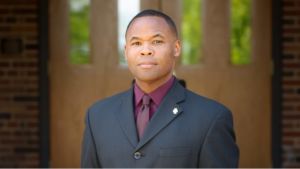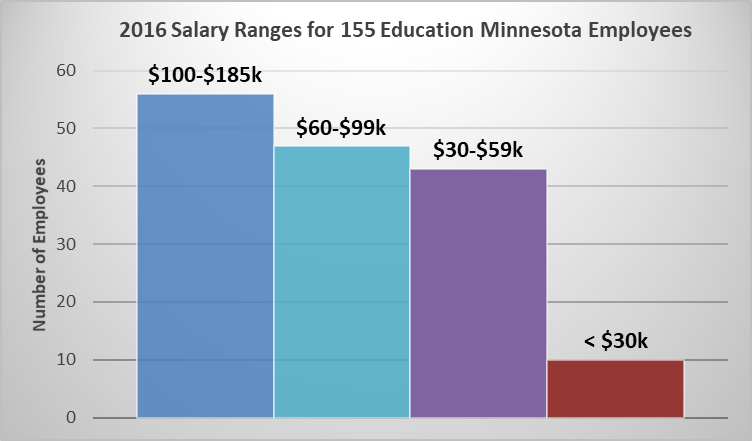American Experiment Heads to DC: First Amendment Challenge Could Free All Public Employees from Forced Unionism
The U.S. Supreme Court on Monday February 26 will hear the long-anticipated case brought by Mark Janus, an Illinois child support specialist who’s asking the Court to end mandatory “agency” or “fair-share” fees. The legal theory of the case is that all collective bargaining is political.
Policy fellow Catrin Thorman and I are headed to D.C. to witness this important event. I am going to stand in line in hopes of getting into the courtroom; Catrin is going to attend and speak at a rally on the courthouse steps. We will be joined by St. Paul educator, Aaron Benner.

Mr. Benner, who challenged the St. Paul school district discipline policy that limited his and the school’s authority to discipline minority students, and protect other students from problem classmates, will join us. Mr. Benner will be speaking about his experience as a due-paying union member, and how the union was not there for him when he needed representation.
Two years ago, I was in D.C. when Rebecca Friedrichs made the same legal argument to the Supreme Court, and asked the Court to reverse a terrible mistake made in 1977 that forced her and all public employees to subsidize the political speech of the teachers’ union. That day I felt called to be at the rally on the steps. This year, I am hoping to attend the hearing inside.

American Experiment joined Cato Institute and the National Federation of Independent Business (NFIB) in an amicus brief urging the U.S. Supreme Court to rule in favor of Mark Janus.
Several other briefs before the Court cite an opinion editorial of mine in The Wall Street Journal. I reported last fall how Education Minnesota, the teachers’ union, raised union dues by $14 in response to the Janus case in an effort to get teachers to sign an auto-renewal union card with a narrow opt-out window of only one week each year.
Teachers in Minnesota pay between $800 and $1,400 in dues annually. Education Minnesota and other government unions like AFSCME-5 charge “fair-share” fee payers, employees who do not belong to the union, about 85 percent of full union dues. Fair-share fee payers are only supposed to pay for the cost of collective bargaining, yet they cannot vote on the contract.
Does anyone really believe that Education Minnesota or AFSCME-5 are spending the bulk of their dues revenues on negotiating contracts? Everything the unions do, from collective bargaining, electioneering and lobbying, is inherently political because it affects taxes, spending and policies made by elected officials. No one should be forced to underwrite that.
In addition to asking the Court to overturn the 1977 case that sanctioned mandatory agency fees (Abood v. Detroit School Board), American Experiment and allied policy organizations are asking the Court to rule that a public employee’s right to opt out “does not become a dead letter” by clarifying that a union may only collect fees from non-members who give their affirmative consent.
If the Court overrules Abood, teachers and other public employees in Minnesota who want to opt out, could easily miss the narrow window—or find themselves caught in an annual contractual struggle with the union. Education Minnesota’s renewal agreement is an attempt to lock in union revenues of over $57 million a year. But if the unions do a good job, and focus on delivering value, they won’t need to trap people with sneaky fine print.

Data from Education Minnesota 2015-2016 LM-2
According to its federal LM-2 filing, Education Minnesota had revenues of about $57 million in 2015-2016. It spent about $21 million on salaries and benefits of its employees, including president Denise Specht who is paid about $184,000 a year.
The Center will release more data like this on Education Minnesota political spending over the next several months as part of its “EducatedTeachersMN” project.
The Court is expected to rule by the end of June. If it rules in favor of Mark Janus, teachers and other public employees in Minnesota will be able to opt out of paying dues. Since the unions are expected to make that process difficult, the Center will offer practical advice on how to opt out after we get the Court’s decision.
Stay tuned!